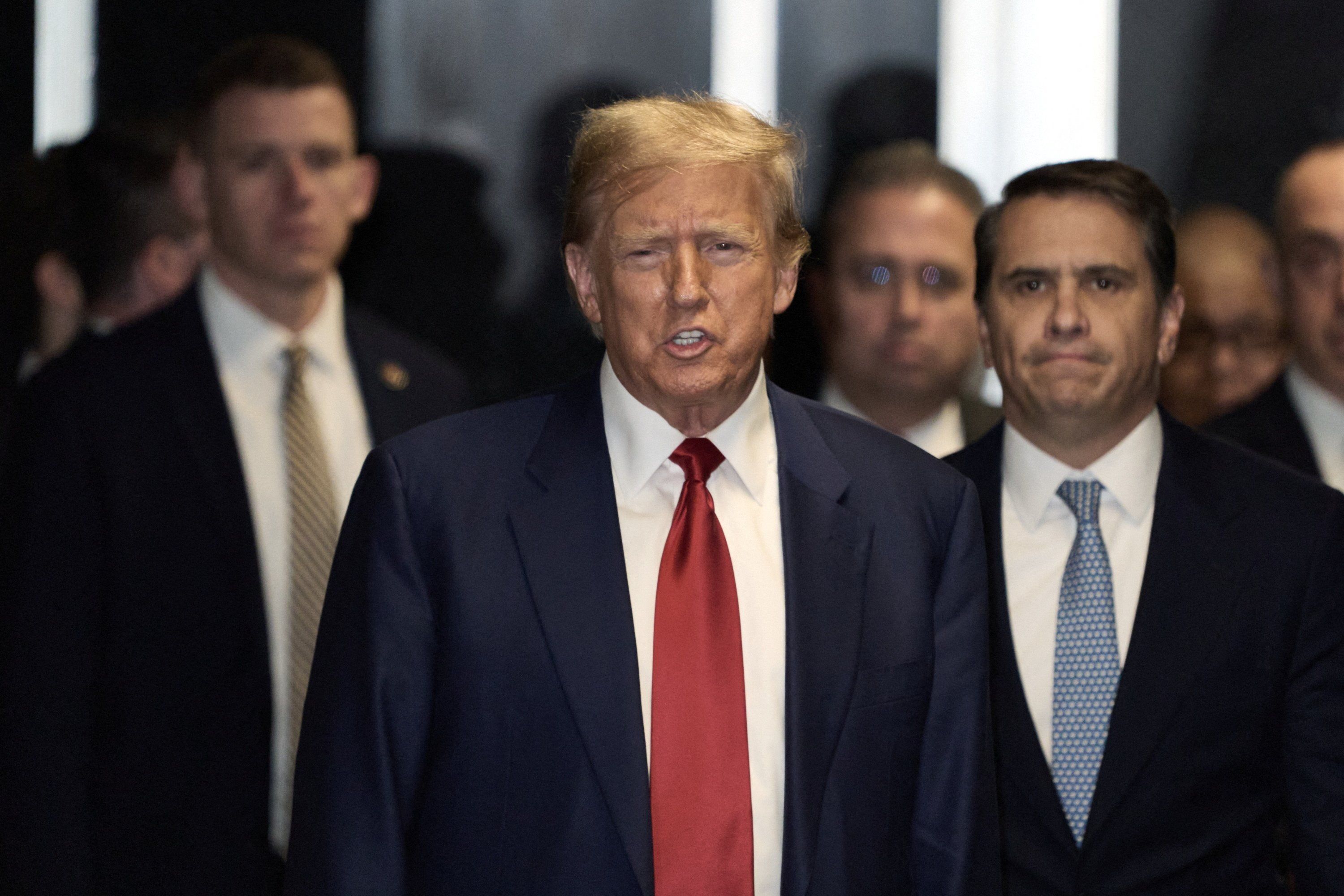On Tuesday, the Heritage Foundation’s Project 2025 leader Paul Dans resigned, likely in response to Donald Trump’s attempts to distance himself from the conservative think tank’s controversial policy agenda.
On its surface, Project 2025 aimed to provide a transition plan for a second Trump administration, but it was never officially part of Trump’s campaign. In fact, the former president has intentionally downplayed the significance of the project as Democrats gained traction in raising awareness about it (here’s a primer on its policy proposals). Trump has expressed annoyance at the negative press around Project 2025 and resents the notion that the group is ghostwriting his policies or choosing candidates to fill his administration.
But this doesn’t mean Project 2025 is finished. While Trump likely played a role in the resignation, Dans explained that “this project was due to wrap up with the nominating conventions of the political parties.” The team is now shifting focus to building a database of conservative officials who could fill policy-making roles in a potential Trump administration.
“It was never going to be the blueprint for Trump,” says Eurasia Group’s US director Jon Lieber. “But it was (and still will be) the maximalist plan for a whole lot of conservatives who will be staffing the administration and will be able to get a lot done with the tacit approval of the White House.”
